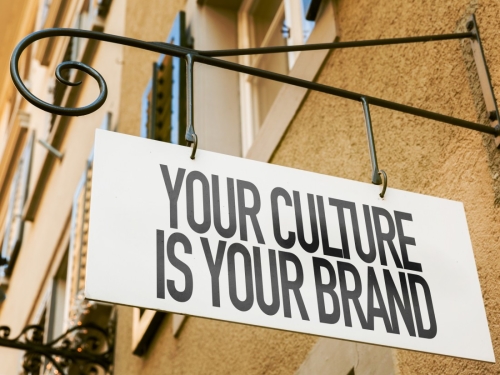
The Importance of Organisational Culture
Normally at The Happiness Index, we talk about building thriving cultures but in light of the pandemic, we wanted to look at the opposite end of the spectrum and understand more about what makes a culture toxic, and how it can be rebuilt.
Here are my top takeaways from this fascinating session.
The key point I took away was how important it is to confront toxicity in your culture. If your culture is toxic, the problem won’t go away or resolve itself. Respect for one another needs to permeate every level of an organisation. Employees who report or show signs of experiencing a toxic culture must be listened to, and have trust that someone is going to do something to resolve their issues.
Toxicity can infect a business at all levels. At an organisational level there’s a financial impact from reduced productivity, and increased absence and employee turnover. It also runs the risk of damaging your brand, reputation and customer service. It sucks up the time of leaders focusing on dispute resolution and can seriously impact the health and wellbeing of your people.
Ask yourself, what is the opportunity cost of having a culture where people aren’t thriving? For example, Clive reminded us that the cost of bullying and harassment in the NHS is estimated to be £2.2 billion per annum.
This isn’t easy. Leaders must be prepared to actively listen and understand how people are thinking and feeling: the good, the bad and the ugly. This requires both bravery and empathy. Our panellists clearly felt that there remain too many executive teams who are rigid in their thinking, and nervous about being exposed or showing weakness. This must change.
As well as analysing your culture through happiness and engagement programmes, don’t forget other sources of data that might highlight issues. This could be exit interview or absence data, as well as grievances raised. Kelly reminded us that it’s important to dig deep and look beyond average engagement scores which can mask problems. Within an organisation, a person may be experiencing toxicity, whilst others are thriving. Disaggregate your data and analyse it by team, location, job function and key demographic variables.
Organisations with thriving cultures have a continuous conversation going with their people. Their leaders demonstrate accountability and gain trust through proactive listening, openly responding to feedback and addressing how they are tackling issues raised.
All leaders must act in line with the company values, so they aren’t just trite words on the wall. This may mean taking difficult decisions to reinforce them such as removing or disciplining managers.
Clive shared examples of organisations he’s worked with that have successfully rebuilt their work cultures. He stressed the importance of ensuring that your reward strategy supports the behaviour and values you want to see. For example, remuneration based on profit share, where everyone works collectively towards the same aim.
Acknowledge that you will need to rebuild your culture when removing toxicity. Create a burning platform for change by working out what’s gone wrong and what you can do to fix it. Have open, honest and safe conversations, where you dig deep and embed this behaviour into your organisation.
Align your leaders around a new plan and remunerate everyone in line with it so that they have “skin in the game”.
The Happiness Index can help you create a thriving culture through our Cultural Assessment model.
By adopting a combination of neuroscience and AI we provide full visibility on the key drivers impacting your cultural health, employee engagement and productivity.
Our question set is designed by our Data Scientists, Head of Neuroscience and over 5 million customer data points.
Let us help you locate areas of toxicity and measure the health of your culture.

Linked to Happiness & Engagement in our neuroscience methodology... learn more
The Happiness Index helps organisations measure the key employee engagement AND happiness drivers to power their people strategy.
Our unique platform offers the products, insights and tools to shine a light on your cultural health and empower management to drive thriving cultures.
Our neuroscience-based pre-built surveys measure the full employee experience - from onboarding to exit to empower and enable organisations to understand their people and create data-led action plans.